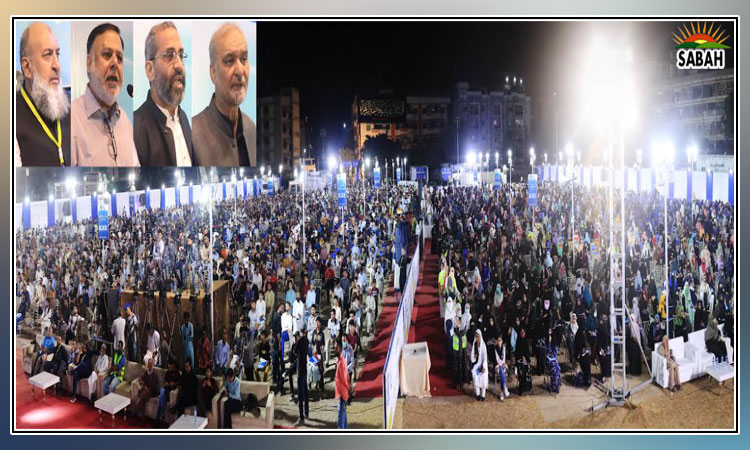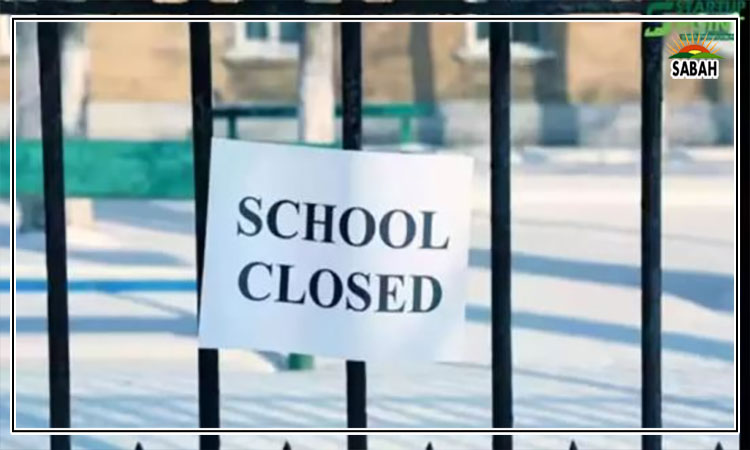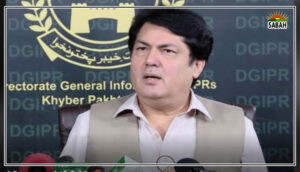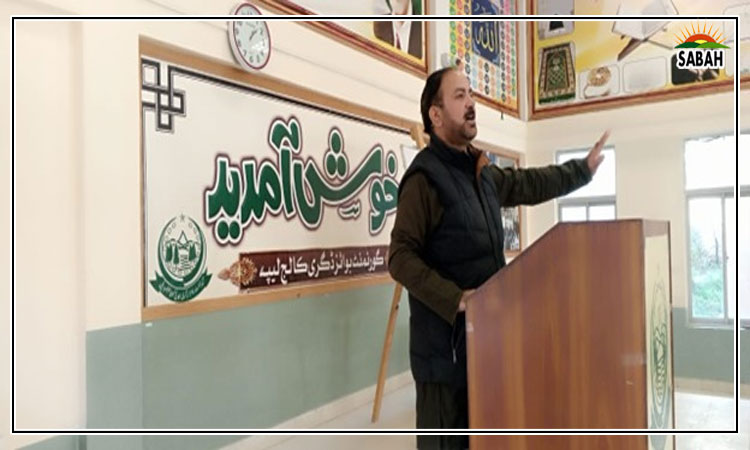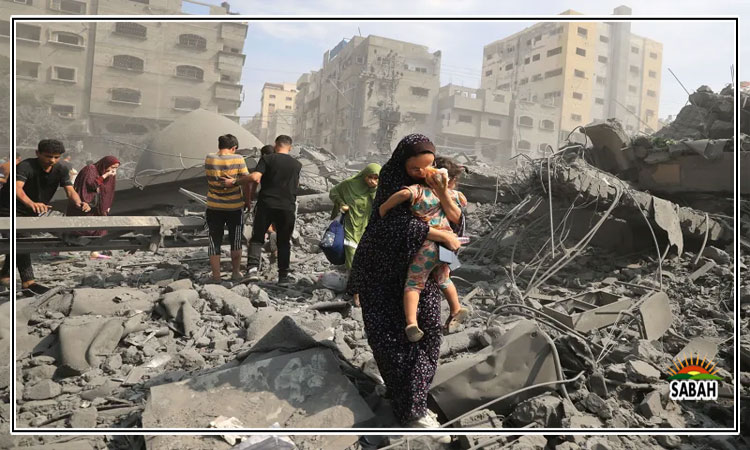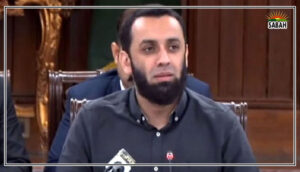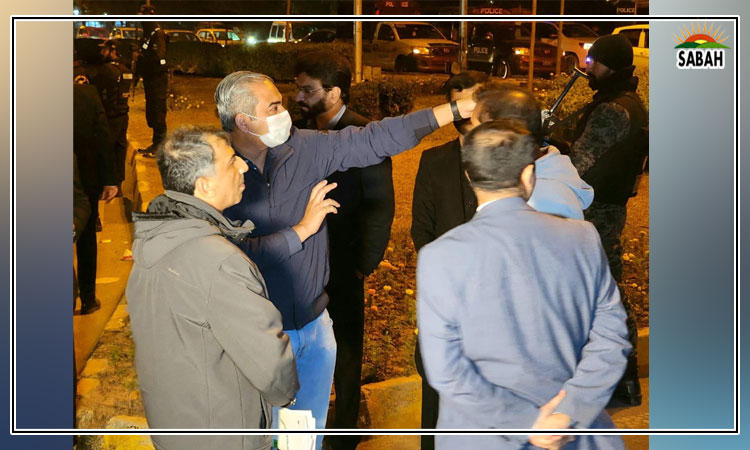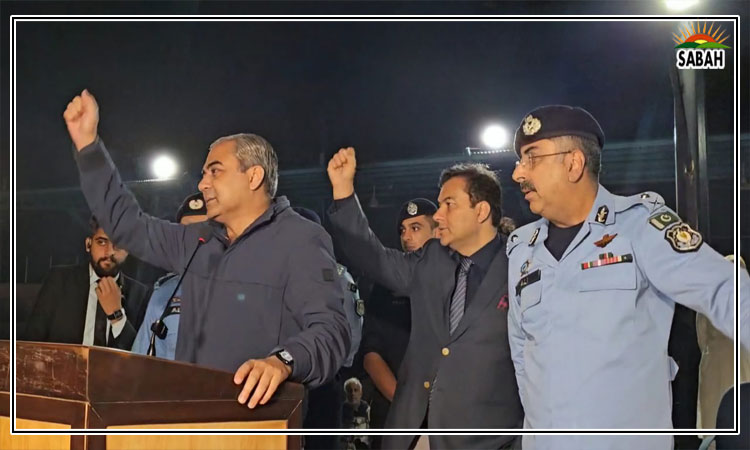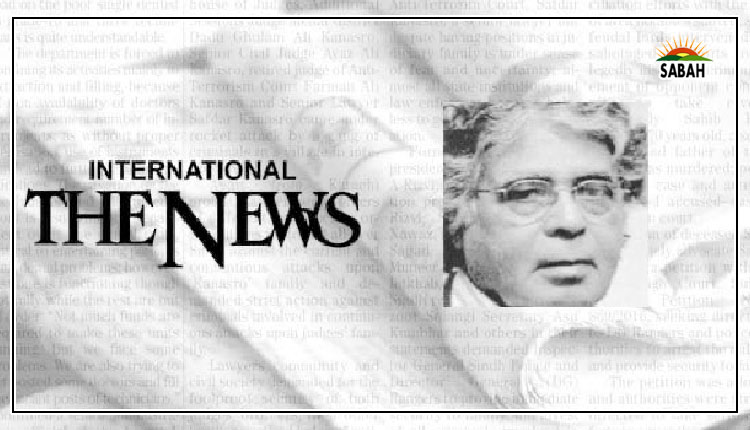Counting our deficits…Ghazi Salahuddin
With this weeks advent of Ramazan, our lives have changed in some tangible ways. Our daily routines have acquired a new rhythm. At least in these initial days of the month of fasting, the tempo has considerably slackened. And, though it seems ironic, the cost as well as the consumption of an entire range of food items has risen.
In this environment of religiosity, there is a sense of a new beginning in some other respects too. We have new governments at the federal and provincial levels, finding their feet in a difficult situation. One surprise in this arena was the meeting between Prime Minister Shehbaz Sharif and Khyber Pakhtunkhwa Chief Minister Ali Amin Gandapur, a PTI firebrand, on Wednesday.
Then, this is the month of March that heralds a shift in the weather. We will have the summer equinox, when night and day are of equal length, this coming Wednesday. It marks the beginning of spring. For us in Pakistan, the long hot summer is descending on the plains. As it is, we have no way of celebrating spring and have no time to mourn the death of that life-affirming festival of Basant that once would brighten the lives of ordinary people in Lahore and other cities in Punjab.
Incidentally, Ramazan, as it is observed in many Muslim, mainly Arab countries, is a festive month. It enhances our sense of community and Sehri time can be livened up with a sense of adventure and drama. Iftar parties and late-night shopping pick up by the middle of the month.
Ah, but there is a seamy side to this month of prayers and piety. Because of the high prices of necessary food items, against the backdrop of long-standing inflation, the plight of the poor comes into a sharper focus. Yes, Ramazan is also the month when giving zakat and donations to the needy becomes an obligation for the believers. There is, thus, a lot of charity being doled out. Extensive arrangements are made to provide Iftar to the general public.
Besides, large investments have been allocated for the provision of relief packages for the poor and this operation is apparently being conducted this year in a more organized manner. But the publicity given to these projects, meant to score political points, is rather excessive. The authorities should respect the dignity of those who are receiving this aid.
Anyhow, what we are witnessing is a society where the high visibility of the poor and the disadvantaged loudly proclaims its stark disparities. I recall some statements made by the World Bank about increasing poverty in Pakistan. There are relevant statistical assessments. But what we encounter in our daily lives is enough to certify the truth of our existence.
We know how consistently the international agencies have urged Pakistan to reduce poverty and achieve fiscal stability. Now, we have the IMF to deal with. This could be another new beginning that is being made this month. We have a new government and a new man to steer our financial affairs and there is a glint of hope that the intended macroeconomic reforms will ultimately bear fruit.
An IMF staff mission is in Pakistan and is holding discussions with the Pakistan authorities on the second and final review of the $3 billion short-term bailout package. I have no expertise to expand on this dialogue on the reform agenda for economic growth and stability. What I suspect is that the remedies for our failures should not be beyond the imagination of our experts and planners.
I am reminded of what IMF Managing Director Kristalina Georgieva had told our former caretaker prime minister when he visited the US for the General Assembly session of the United Nations: What we are asking in our programme is that please collect more taxes from the wealthy and please protect the poor people of Pakistan.
Just imagine the incongruity of this encounter. Here was the head of a government a caretaker he may well have been being requested (please!) to protect the poor people of his own country. Yet, this must be a very hard, almost impossible, task for our rulers because the poor in Pakistan are not protected.
Fortunately, our present prime minister has confessed that the rich here have enjoyed subsidies at the cost of the poor and he aspires to change this equation. But can he, within the scope of his tenure? Hopefully, he also understands that the poverty of our people is not to be measured only in material terms. The challenge is to replace the reality of the elite capture with the induction of social justice and the empowerment of all our marginalized citizens.
There is this concept of human development and the UNDP has devised its own index to rank individual countries in this context. This is my final reference to what has happened this week. On Wednesday, the United Nations released the latest report on the Human Development Index (HDI). So, where does Pakistan belong in this report?
Well, this fifth largest country in the world, population-wise, and a certified nuclear power, is ranked 164 out of 193 countries. This means that it has fallen three spots from the previous report. There is no point in listing the ranks of other developing countries. In keeping with our place in nearly all social development indicators, we are at the bottom of South Asia, barring Afghanistan.
Naturally, Pakistan is placed in the low human development category. This index (HDI) seeks to quantify a countrys level of prosperity based on both economic and non-economic factors. The report notes that while the world has returned to pre-pandemic levels of development, there is a widening gap between the rich and the poor countries. It has stated that rich countries experienced unprecedented development, yet half of the worlds poorest nations continue to languish.
There is, thus, a lot for us to think about and Ramazan gives us ample time to reflect on these matters.
Courtesy The News


